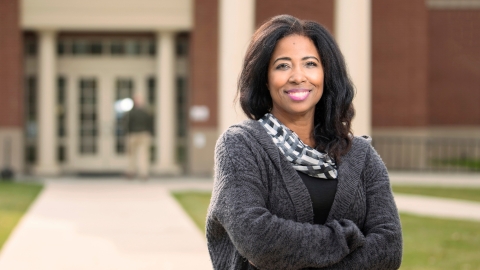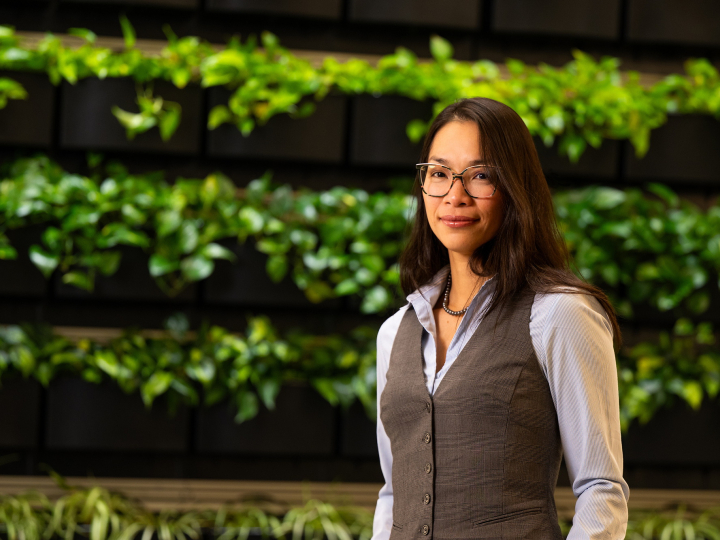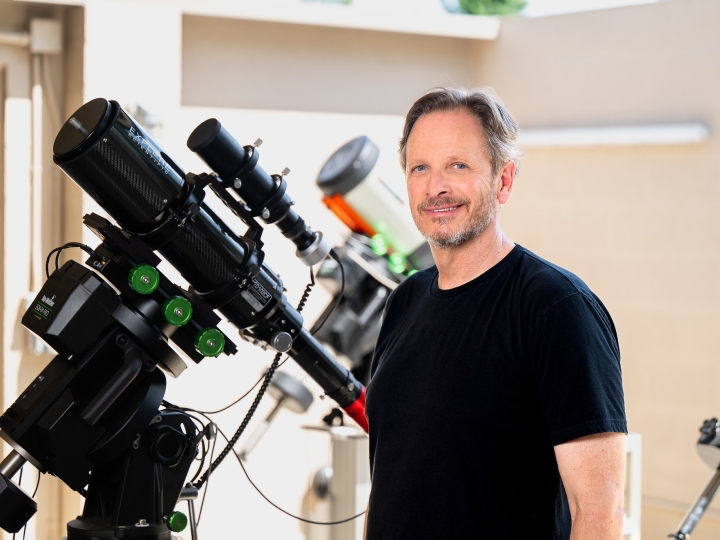
Nina Banks, Economics
October 11, 2022
Professor Nina Banks began her research on Sadie T.M. Alexander's writings and speeches in 2003. Photo by Emily Paine, Communications
"I want students to think critically about belief systems and practices that normalize the subordination, exploitation and oppression of women, girls and marginalized men."
As an undergraduate, Professor Nina Banks was drawn to three fields of study: history, sociology and economics.
Ultimately, what she didn't like about economics compelled her to focus on that academic discipline.
"I realized there were so few black economists — and black female economists," she says. "And existing economic theories failed to explain problems such as differences in earnings based upon gender and race. Bad theories call for greater perspectives and better research, and I felt like I could have an impact."
Today, Banks strives to rebuild a long-overlooked historical body of work by early women economists, focusing primarily on the contributions of Sadie Alexander, who in 1921 became the first African-American woman to earn a doctorate in economics.
"We need to locate the writings and thoughts of early women economists, because much of their work has been lost or co-opted by men," Banks says. "One of my contributions has been to synthesize Alexander's economic arguments and disseminate them. She had things to say that are pertinent today regarding gender equality, the need for full-employment programs and the scapegoating of minority populations."
Banks, who is affiliated with the Department of Women's & Gender Studies and the Africana Studies Program, is also faculty director of Bucknell in Ghana, the University's first semester-long study-abroad program not based in a European nation.
"Students are immersed in a culture that's very different from their own," Banks says. "They face hardships such as power outages, and live with people struggling with issues like food security. It's a transformative experience that makes students really look at their place in a global community."
Banks adds that her goals as an instructor include compelling students to view issues such as poverty, unemployment and gender inequality through new lenses, and encouraging them to challenge prevailing theories.
"I want students to think critically about belief systems and practices that normalize the subordination, exploitation and oppression of women, girls and marginalized men," she says.
Bucknell's Department of Economics "values pluralism," she adds. "It's unusual for an economics department to welcome so many perspectives. I believe our program is one of the best in the country when it comes to exposing students to different schools of thought."

